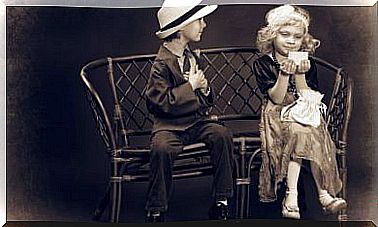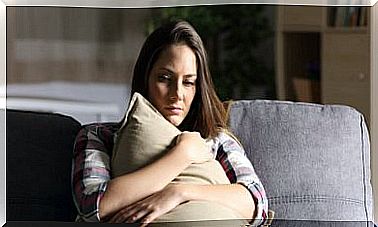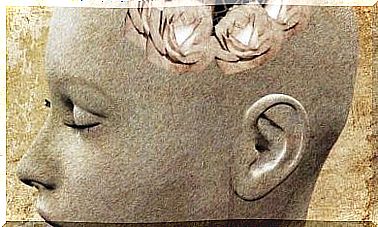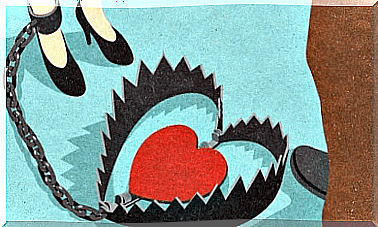The Effects Of Fear-based Parenting
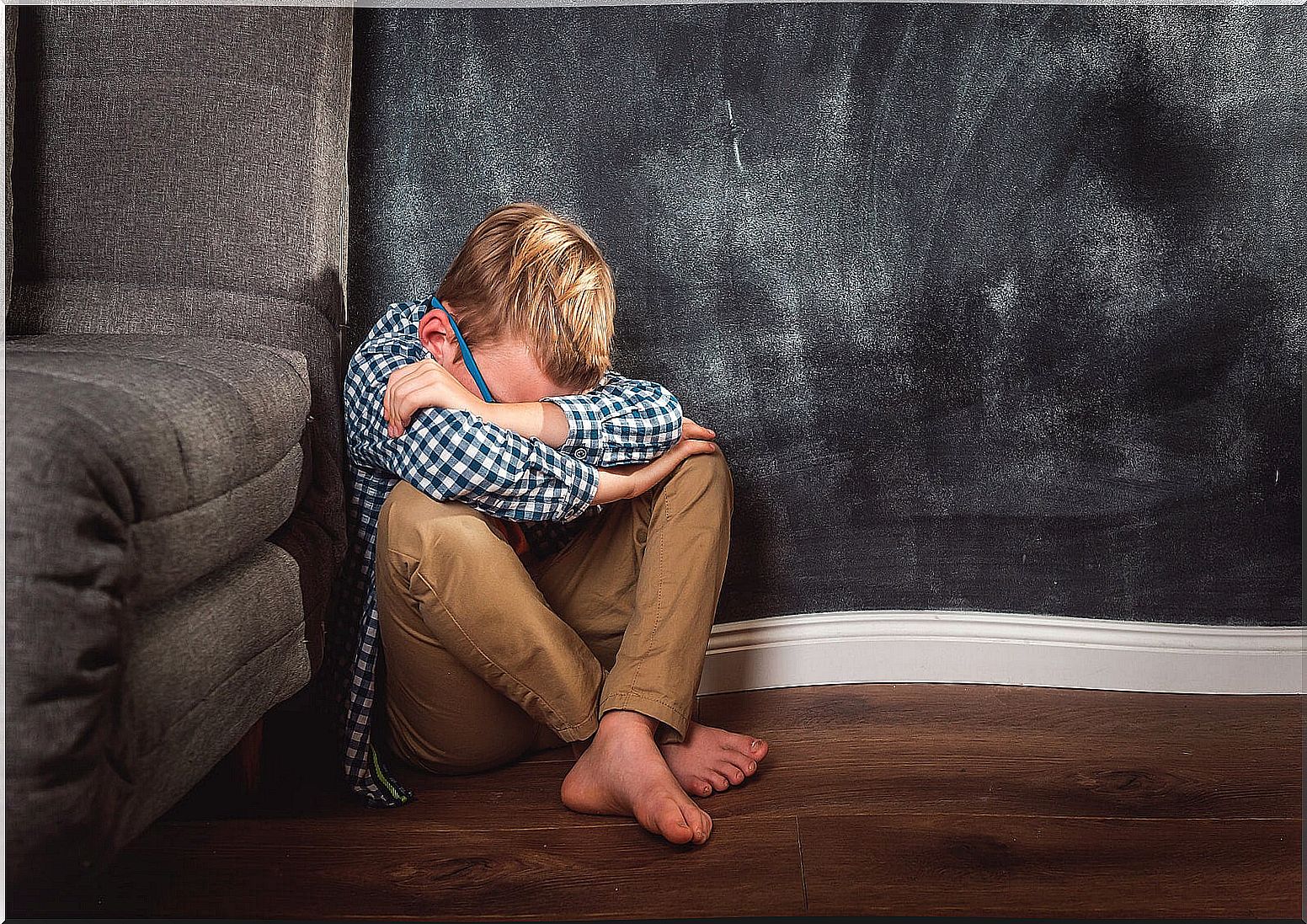
Fear-based parenting takes shape in a number of ways. Parents sometimes have trouble disciplining their children and resort to overbearing gestures and acts, in order to maintain long-term control. In other words, they bully their children into obeying them, in order to avoid harsh punishment.
At other times, fear-based parenting stems from parental anxiety. They are afraid of doing their role badly, or they are too afraid of what may happen to their children. That fear also ends up giving a particular nuance to parenting and often sows a seed of anxiety in children.
Another aspect of parenting based on fear, closely related to the previous one, is that of educating children in times of fear. Sometimes the social environment is overwhelming in many countries. There are critical situations of insecurity, war or terrorism.
In such a context, upbringing and childhood do not follow their normal course, as the environment implies great threats.
Authoritarian parenting
In order for a person to develop psychologically adequately, he needs limits during childhood. One of the tasks of parents is to shake hands with their children so that they enter society and culture and manage to adapt to them. For this to be possible, it is necessary to establish the border between what is acceptable and what is not.
However, some parents find the task of raising their little ones too stressful. It is also the case that they are not completely ready when it comes to having a child, or that in one way or another motherhood or fatherhood are an obstacle in their life project.
It is very common that in these conditions they have a very limited tolerance towards the behaviors of their children.
The consequence of this is sometimes an upbringing based on authoritarianism or abuse. They may be able to set the limits clearly, but it is also very likely that they will break the self-confidence of their children. Excess force often leads to submissive or overly radical adults.
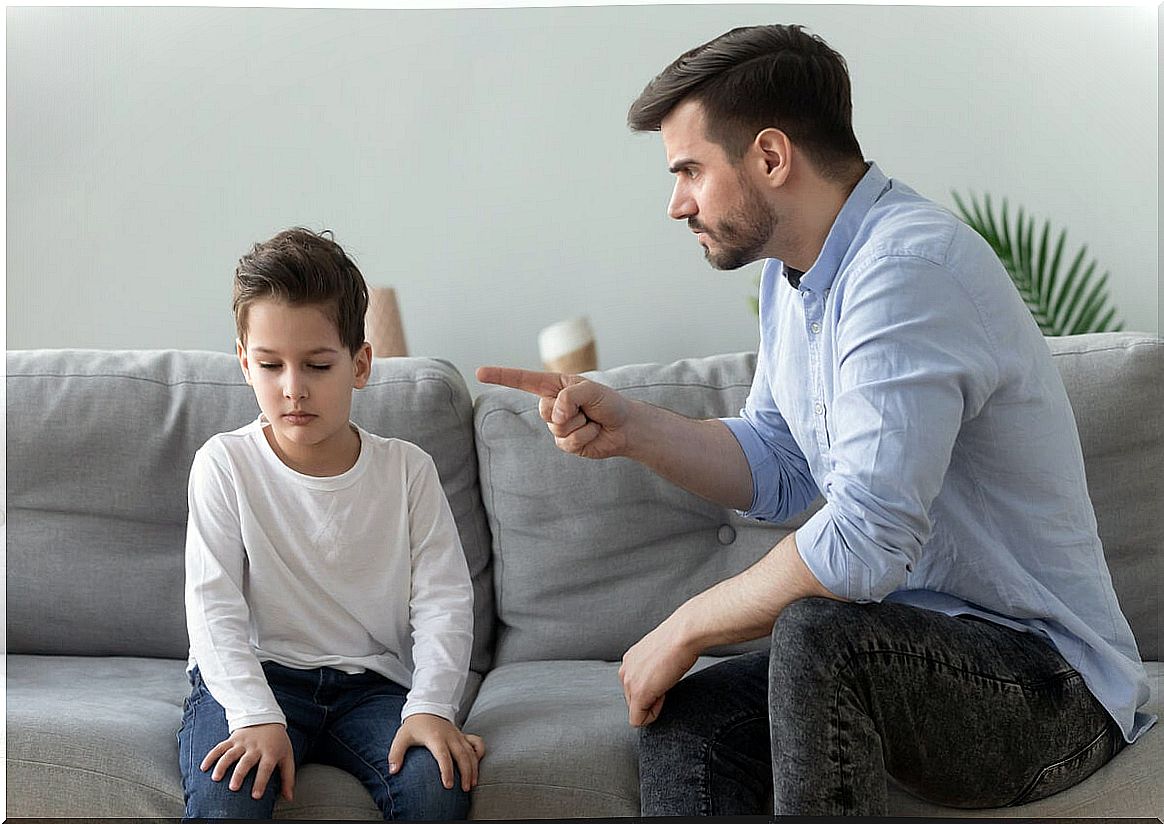
A parenting based on anxious fear
Sometimes parenting causes strong anxiety for one or both parents. They want to do the best for the good of their children, but they are not very clear about how to advance parenting.
They simply feel that their little ones are very fragile and may give in to the temptation to overprotect them to prevent something from damaging them, something that can be risky, according to studies.
These types of parents focus primarily on the risks involved in each situation. If the child crawls, he may fall down the stairs. If you take a bottle, the milk can jam and suffocate you. If he runs, he may fall. If it goes out, it may get lost. And so… Therefore, without this being their intention, what they basically do is convey to their son the idea that he is always in danger.
Very often, parenting based on anxious fear results in anxious people. In adult life, they will have a plus of fear that will be very difficult to get rid of. It is possible that they live more or less paralyzed in front of reality, afraid to take the initiative and doubting everything they do.
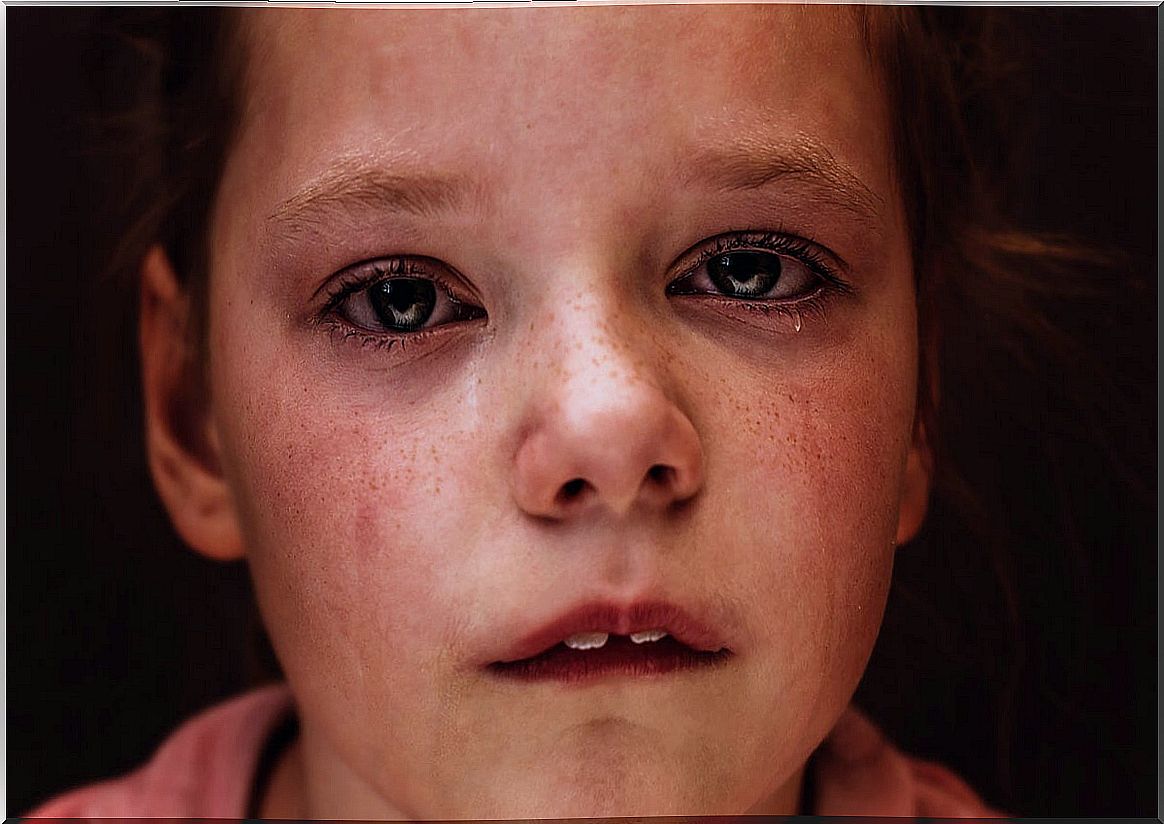
Fear and a dangerous environment
We live in a world in which there are real and concrete dangers for children. Surely all parents have ever wondered how to educate a little one so that he can face these threats, without hiding, but also without recklessly exposing himself to them. It is not easy to achieve that balance.
A dangerous environment easily leads to anxious parenting, which this time is not determined by pure anxiety, but by the objective risks of a specific place or time. In the long run, this may translate into an adult life with many vague fears and no sense of autonomy and freedom.
Fear is not usually a good counselor, nor is it a good way to educate. Parenting based on fear tends to become a drag in the long run. If a father or mother is afraid, or if they feel the desire to instill fear in their children, something is not in place.
It is worth thinking about, because the effects of these random and overwhelming fears usually cause great problems in adult life.
